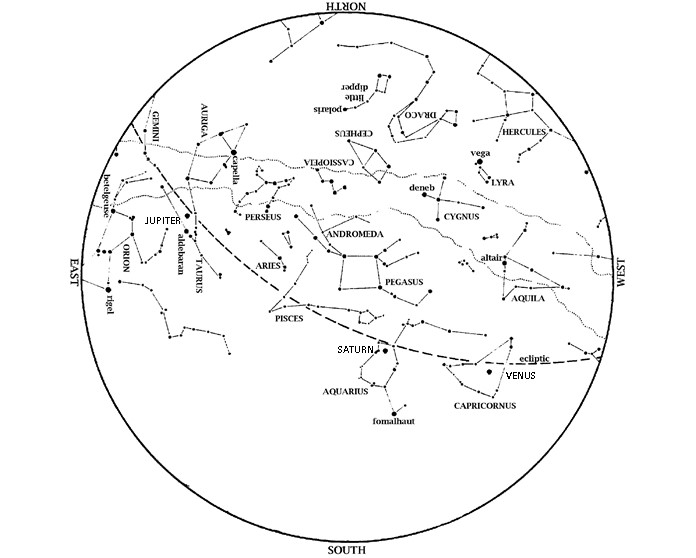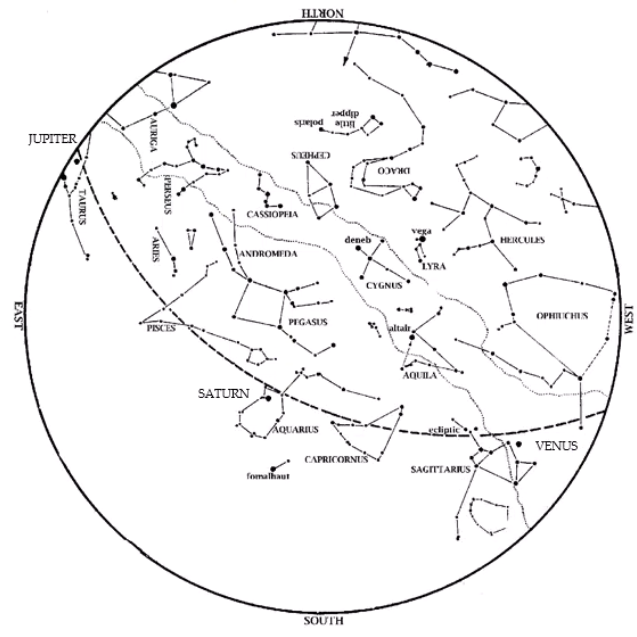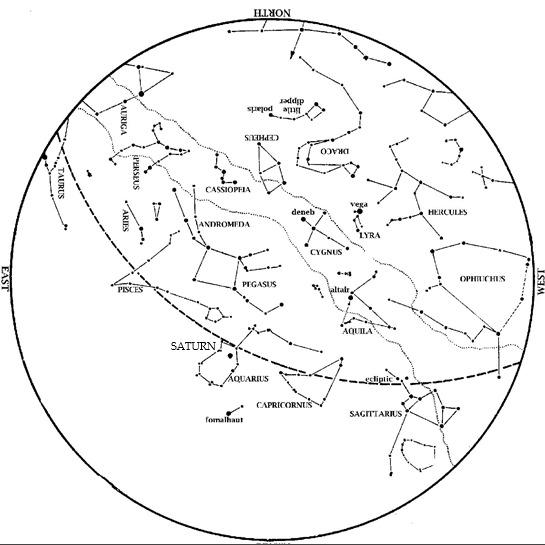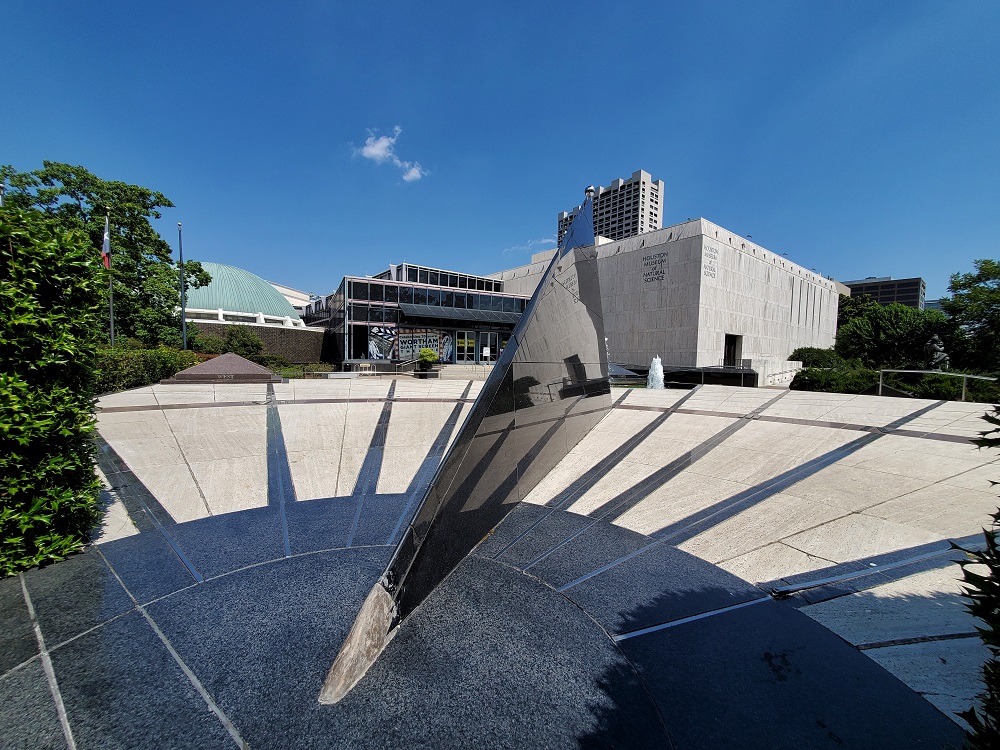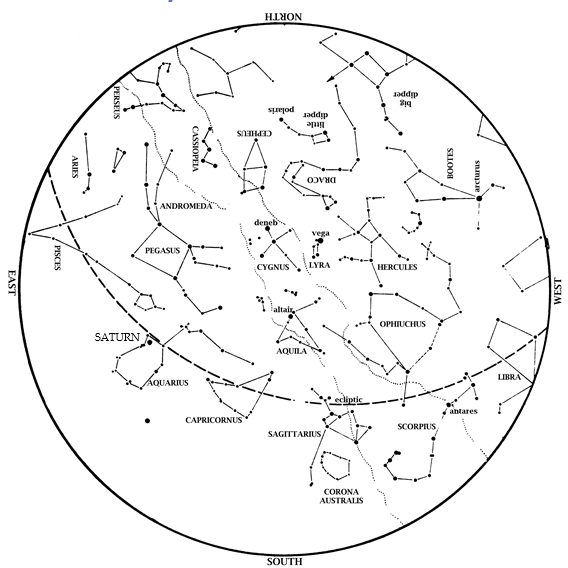Written by Leonard Ferguson, George Observatory volunteer
Have you ever gotten a new telescope? Are you possibly frustrated with not being able to figure out how that new ‘scope works? Next is figuring out how to really “see” those objects once you find them! While a discussion of the many different telescope designs is far beyond the scope of this space, we can discuss some very basic telescope pointers that will hopefully avoid some frustration and make it easier to get started.

First, let’s clear up a common misconception about telescopes:
A telescope’s primary purpose is not to magnify. Its primary purpose is to gather light.
Magnification is important, but a telescope’s true power lies in the size of its aperture – the diameter of its primary mirror or lens. Larger apertures gather more light, allowing you to see fainter objects. A common mistake new telescope owners make is to go straight for the highest magnification available. What they don’t realize is that typically in a telescope, as magnification increases, the field of view through the eyepiece decreases.
Focus becomes critical, too. So, they end up pointing an unfamiliar instrument at an unfamiliar night sky and trying to find some fuzzy object through the smallest field of view. Even experienced observers can’t find anything this way. Take your time and ease back on the magnification. You’ll be surprised at the number of star clusters and nebulae you can observe at low power.
Something else most people don’t realize is that looking through a telescope is a “learned” skill just like anything else. A skilled observer can look through the same instrument and see far more detail on the moon and planets than a beginner can, so once you spend the effort finding, centering, and focusing that object, reward yourself…spend some time observing it!
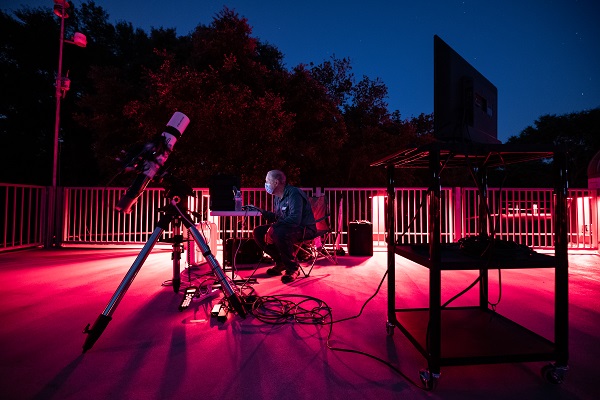
Should you find yourself bitten by the astronomy bug and really wanting to get ‘serious’ about this wonderful hobby, learn about the night sky, or just have a few more questions about that new telescope then get in touch with one of your local astronomy clubs, or come see us at the George Observatory. Our expert astronomers can answer all kinds of questions about telescopes, observing, and that wonderful night sky we all share!


